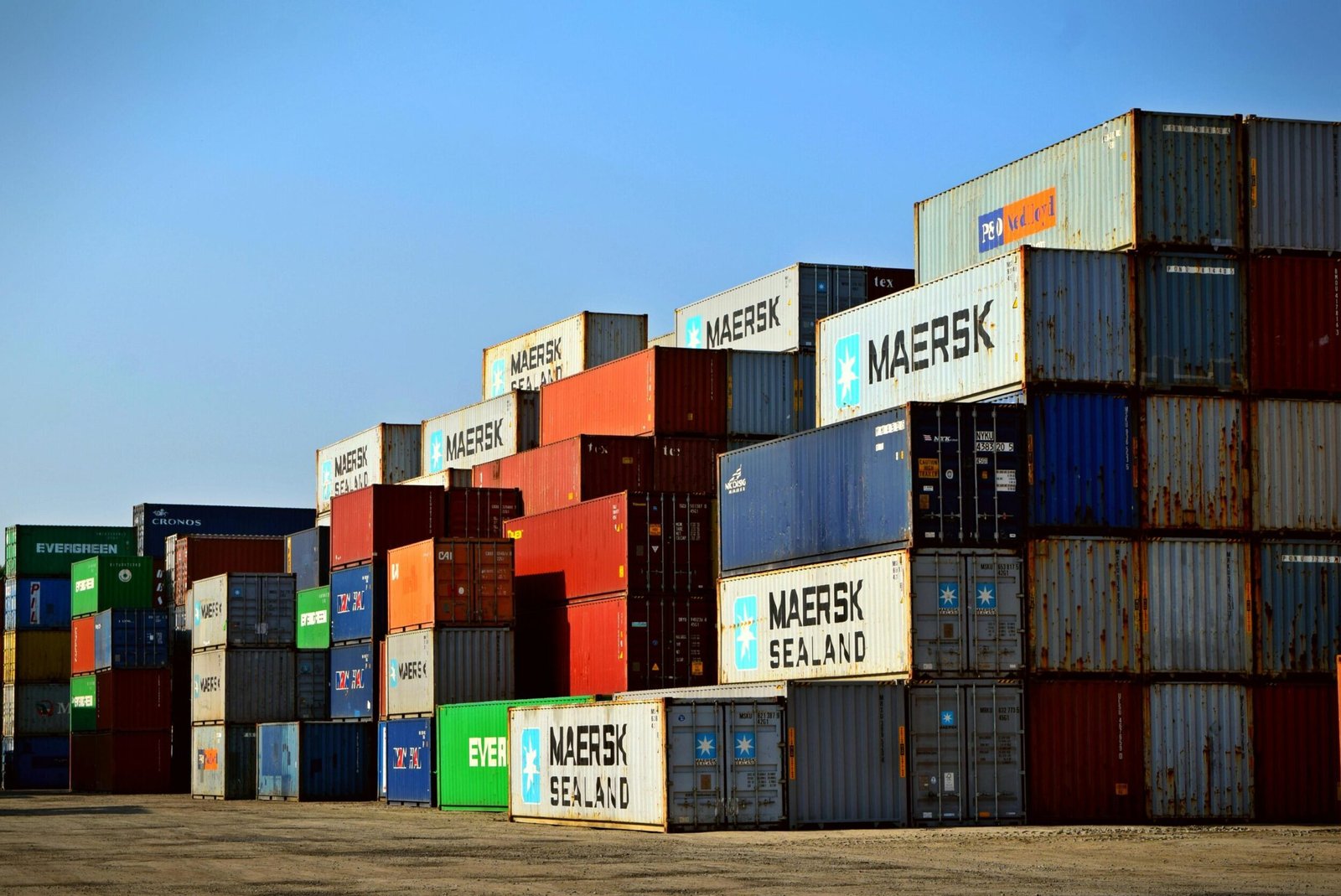Thailand’s economy in 2024 faces a dynamic landscape marked by gradual recovery, strategic challenges, and new opportunities. This comprehensive overview examines the latest economic indicators, sector-specific developments, and emerging trends that shape the nation’s economic outlook.

GDP Growth and Economic Outlook
The Bank of Thailand recently revised its GDP growth projection for 2024 to 2.8%, a reduction from the earlier estimate of 3.2% (CNA). This adjustment reflects ongoing economic headwinds and subdued recovery in several key sectors. Despite these challenges, Thailand’s economy is expected to benefit from increased private consumption and a gradual rebound in tourism.
Factors Influencing GDP Growth
- Global Economic Conditions: The global economic slowdown and uncertainties in major economies, particularly China, have impacted Thailand’s export performance and overall economic growth (Deloitte United States).
- Domestic Challenges: High household debt, which stands at 90.9% of GDP, and inflationary pressures have constrained consumer spending and economic momentum (Deloitte United States) (Bangkok Post).
Tourism Sector
Tourism, a crucial pillar of Thailand’s economy, is slowly recovering but has not yet reached pre-pandemic levels. The sector faces challenges such as a decline in Chinese tourists, traditionally a significant market for Thailand, due to economic conditions in China and changing travel preferences (Deloitte United States).

Key Developments in Tourism
- Return of International Events: Events like the UEFA Euro 2024 and the Summer Olympics have spurred interest and increased travel, providing a boost to the tourism sector (Thaiger).
- Government Initiatives: The government has introduced measures to attract tourists, including easing travel restrictions and promoting new tourism packages (Deloitte United States).
Export and Trade Performance
Thailand’s export sector has shown resilience with a significant growth in electronics exports. The total export value saw an 8% year-on-year increase in October 2023, indicating a positive trend (Deloitte United States). However, the sector remains sensitive to global economic conditions and trade policies.
Sector-Specific Insights
- Electronics: Strong demand for electronics has driven export growth, reflecting Thailand’s competitive edge in this sector (Deloitte United States).
- Agricultural Exports: Recovery in agricultural exports, particularly tuna, has contributed to the overall positive performance in the export sector (Bangkok Post).
Inflation and Household Debt
Thailand has experienced negative inflation rates, raising concerns about potential deflation. In December 2023, the inflation rate was -0.83%, influenced by government interventions to reduce energy and food prices (Deloitte United States).
Economic Implications
- Consumer Spending: High household debt levels continue to limit consumer spending power, affecting overall economic activity (Deloitte United States).
- Policy Measures: The government is closely monitoring inflation and household debt, implementing policies aimed at stabilizing prices and supporting economic growth (Deloitte United States) (Bangkok Post).
Investment and Technological Advancements
Investment in high-tech industries and sustainable projects is expected to drive Thailand’s economic growth. Significant investments in electric vehicle manufacturing and other advanced technologies highlight Thailand’s strategic focus on innovation and sustainability (Bangkok Post).
Key Investment Areas
- Electric Vehicles (EVs): Thailand aims to become a regional hub for EV production, attracting substantial investments and fostering technological advancements (Bangkok Post).
- Sustainable Bonds: The Public Debt Management Office (PDMO) is issuing 20 billion baht in sustainable bonds, promoting investment in environmentally and socially responsible projects (Thaiger).
Challenges and Opportunities
Thailand faces a range of economic challenges, including high household debt, inflationary pressures, and fluctuating global economic conditions. However, several opportunities could bolster economic growth and stability.
Economic Challenges
- Household Debt: Managing high levels of household debt is crucial for maintaining economic stability and encouraging consumer spending (Deloitte United States) (Bangkok Post).
- Inflation: Addressing inflation and avoiding deflation is essential for economic health, requiring careful policy measures and economic management (Deloitte United States).
Emerging Opportunities
- Tourism Revival: Leveraging international events and new tourism initiatives can accelerate recovery in the tourism sector, contributing to GDP growth (Thaiger).
- Technological Innovation: Investment in high-tech industries and sustainable projects can drive long-term economic growth and enhance Thailand’s global competitiveness (Bangkok Post).
Economic Challenges
Household Debt
One of the major challenges facing Thailand’s economy is high household debt, which reached 90.9% of GDP in the third quarter of 2023. This high level of debt poses risks to consumer purchasing power and overall economic stability(Deloitte United States).
Inflation and Monetary Policy
Thailand’s inflation rate has been negative for three consecutive months as of December 2023, sparking debates about potential deflation. The Bank of Thailand is expected to cut the policy rate by 50 basis points in the first half of 2024 to stimulate economic activity and ease the debt burden on households and firms (Thailand Business News). This monetary easing aims to support growth by encouraging borrowing and spending, crucial for sectors like manufacturing and tourism.
Future Outlook
The economic outlook for Thailand in 2024 is one of cautious optimism. While the country faces challenges such as high household debt and the need for structural reforms, the rebound in tourism, manufacturing, and digital economy sectors provides a solid foundation for growth. The anticipated policy rate cuts by the Bank of Thailand are likely to spur economic activity further, while advancements in technology and renewable energy promise to drive long-term prosperity.

In conclusion, Thailand’s economy is on a path to recovery, with strategic initiatives and sectoral growth underpinning this journey. Continued focus on sustainability, technological innovation, and addressing structural issues will be crucial for realizing the full potential of the Thai economy in 2024 and beyond.
Conclusion
Thailand’s economy in 2024 is navigating a path of cautious recovery and strategic adaptation. While challenges such as high household debt and inflation persist, opportunities in tourism, exports, and technological advancements provide a hopeful outlook. The government’s proactive measures and focus on sustainable investments will be pivotal in shaping Thailand’s economic future. As the nation continues to adapt to global economic dynamics and domestic challenges, maintaining a balanced approach will be key to achieving sustained economic growth and stability.




